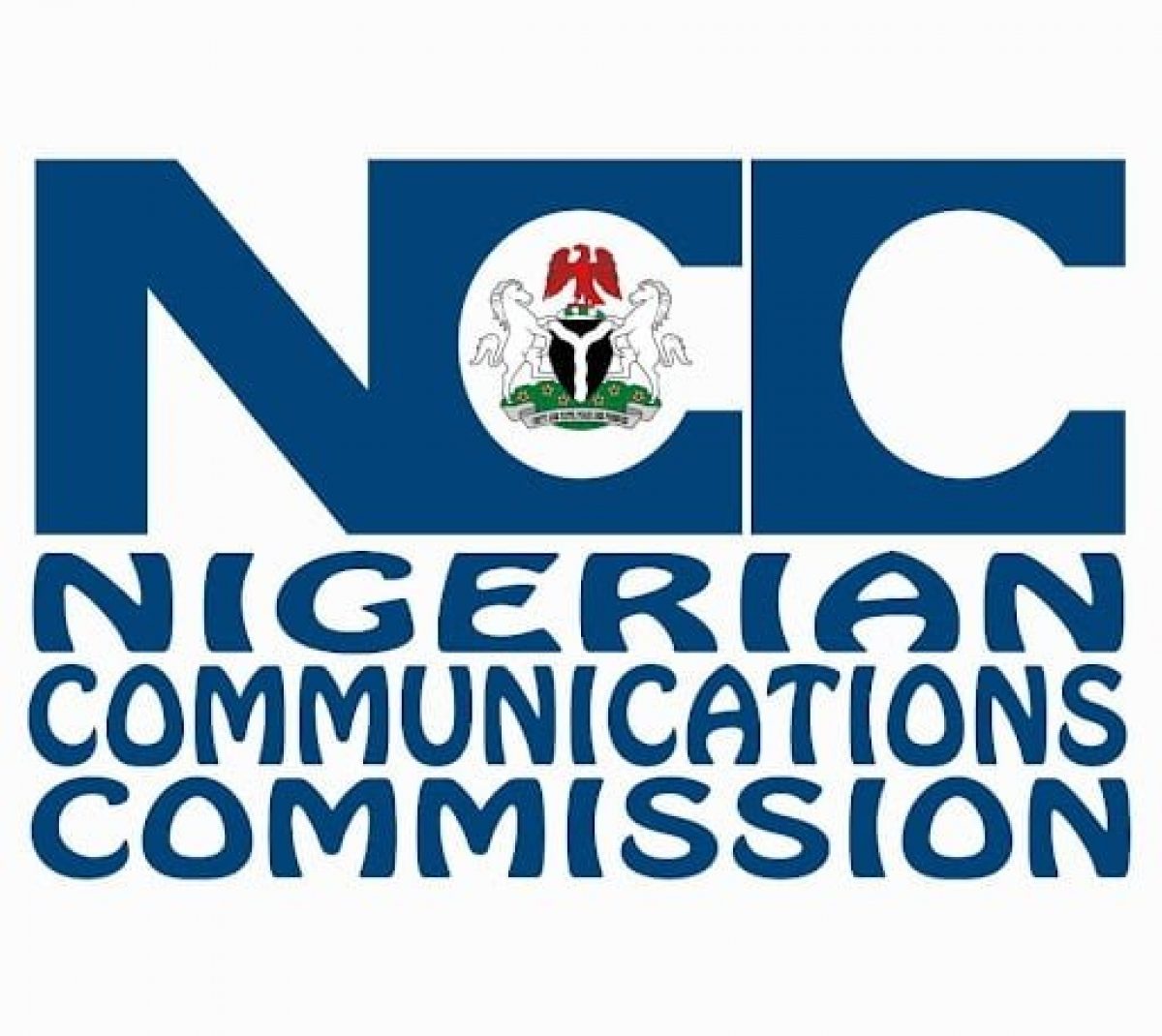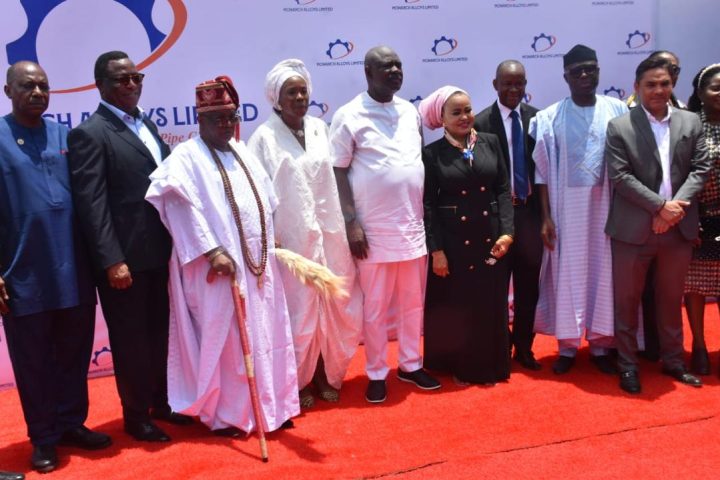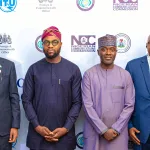The Nigerian Communications Commission’s Computer Security Incident Response Team (NCC-CSIRT) has warned those looking to acquire pirated software and resources that they risk becoming victims of cybercriminal gangs that are using AI-generated YouTube videos to distribute malware.
According to a statement signed by the Director of Public Affairs, Reuben Muoka, this was revealed in an advisory released by NCC-CSIRT where it warned that the consequences of falling victim can be significant for individuals and organizations, resulting in critical damage like data theft, financial loss, identity theft, system damage, and reputation damage.
Join our WhatsApp ChannelIt said unsuspecting victims who watch these AI-generated tutorial videos will be duped into clicking on one of the links in the video description, which usually results in the download of data-stealing malware.
The tech team disclosed that the number of YouTube videos containing such links has increased by 300 per cent months on month since November 2022.
“To stimulate the interest of potential victims, video tutorials on how to pirate sought-after software such as AutoCAD, Adobe Photoshop, Adobe Premiere Pro, and other similar paid-for software are created. These videos are created with AI and feature humans with facial features that research has shown other humans find trustworthy.
“The tutorials in these videos are frequently bogus and steer viewers to links in the description that led to information-stealing malware like Raccoon, Vidar, and RedLine,” the advisory revealed.
Malicious actors can create AI-generated videos that include hidden or disguised malware. These videos may appear to be harmless or even entertaining, but they can contain malicious code that can infect a viewer’s device when the video is downloaded or played.
Cybercriminal actors can also use AI-generated videos to trick viewers into downloading malware. For example, they can create a video that appears to be a legitimate software update or security patch, but it contains malware that infects the viewer’s device.
They equally use AI-generated videos to distribute phishing scams. They can create a video that appears to be from a legitimate company or organization and prompts viewers to click on a link to enter their login credentials or personal information. Once the viewer clicks on the link, they are directed to a fake website that steals their information.
Additionally, malicious actors can use AI-generated videos to distribute ransomware. They can create a video that appears to be harmless, but when the viewer clicks on a link or downloads a file associated with the video, their device becomes infected with ransomware that locks them out of their files and demands payment to regain access.
READ ALSO: How AI Can Run Your Farm
NCC-CSIRT said that to avoid becoming a victim, telecom consumers should avoid downloading pirated software because they are generally harmful and illegal.
Furthermore, the advisory recommends installation of antivirus software with internet security and keeping it up to date, installing an endpoint detection and response (EDR) solution that is comprehensive, and thinking before clicking any link.
Victor Ezeja is a passionate journalist with seven years of experience writing on economy, politics and energy. He holds a Master's degree in Mass Communication.




















Follow Us